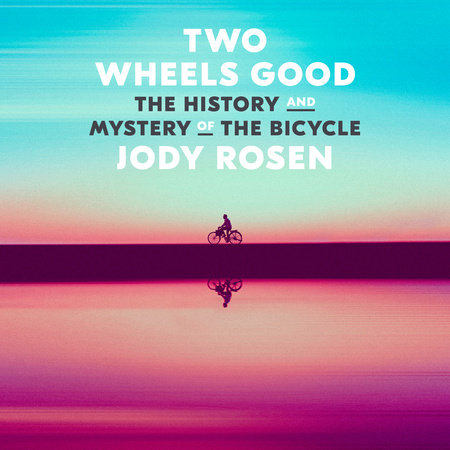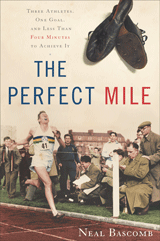
Jody Rosen really does elucidate the mystery and history of the bicycle. A consistent theme is the bicycle’s lifelong conflict with motorists and pedestrians. Since the bike’s invention just under two centuries ago, bicycle riders have enjoyed a silent sensation of something akin to flight. Walkers have bristled when being overtaken by a silent accelerator. Automobilists, sitting in their protected metal boxes, insist that paved surfaces belong to them. When they were first invented, horse-drawn conveyances hated them.
Rosen makes a compelling case that bicycles democratized transportation and someday soon as climate catastrophe becomes more pronounced and the combustion engine more to blame, might again rise to the pinnacle of transport. Rosen discusses bicycles and warfare, showmanship, the liberation of women from Victorian constraints, bicycle mania (at one time a real disease), and bicycles and sex. Rosen’s vignettes trivia, historical uncoverings, and anecdotes are fascinating, but overall the book lacks narrative drive. (I’m not certain this should matter but halfway through when I figured out that Jody Rosen was a man in his fifties, not a young woman, my perspective on the stories changed.)
Sometimes Two Wheels Good feels like riding a Peleton.







